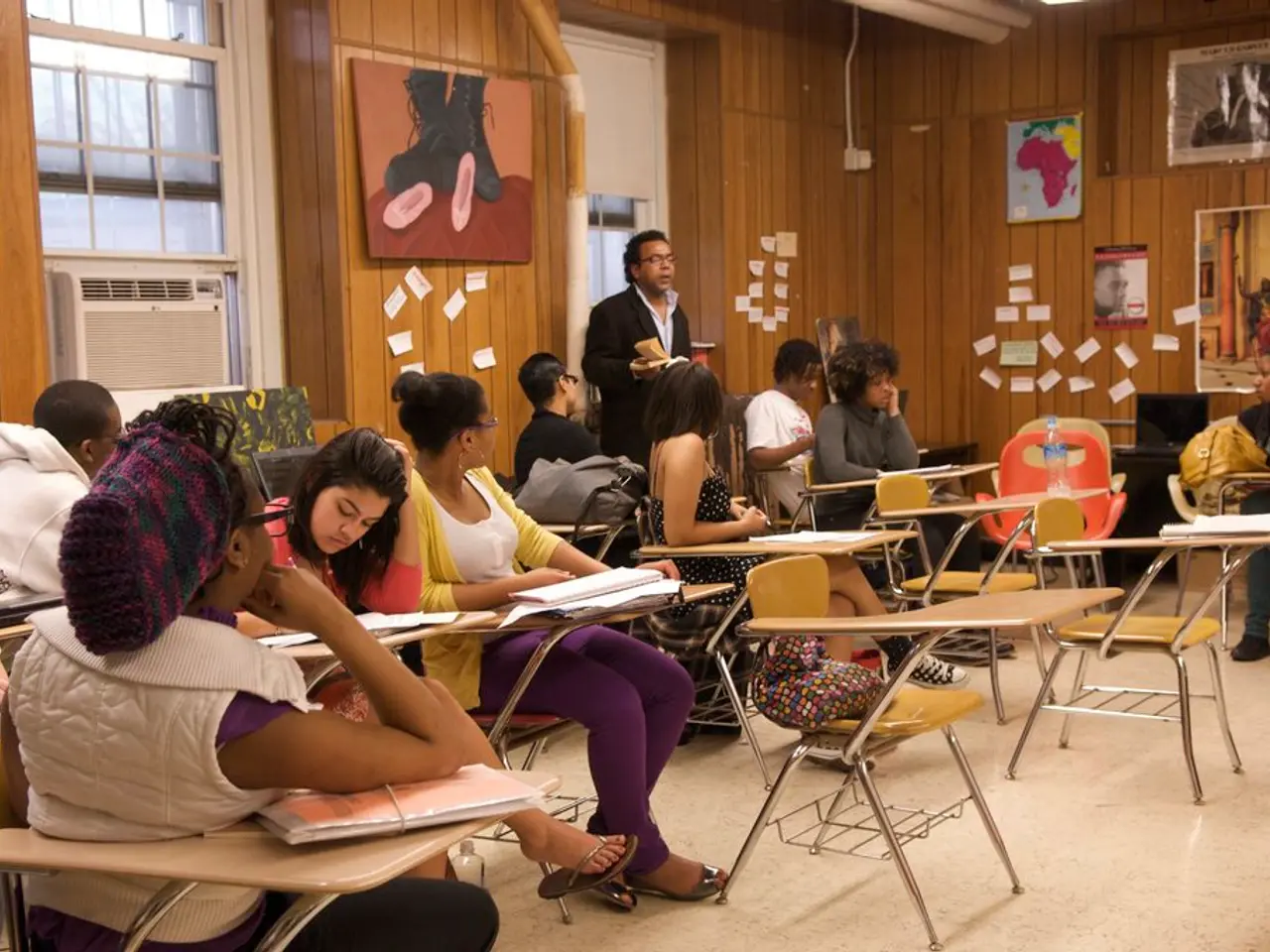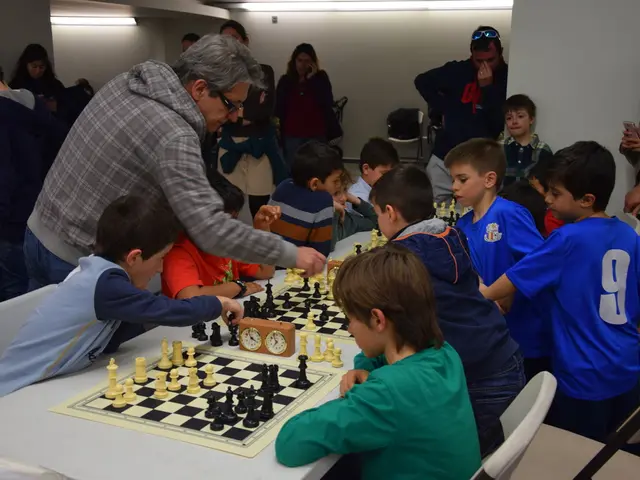Artificial Intelligence Application in Khan Academy's Educational Platform by Sal Khan
Sal Khan, the visionary founder of Khan Academy, believes that Artificial Intelligence (AI) has the potential to revolutionise education, particularly in the way writing is taught and in providing conceptual insights for both educators and students.
Khan's journey with AI began when he gained access to an advanced AI large language model. This interaction led him to a profound realisation: AI can be a valuable tool for exploring complex concepts. He found that a ten-minute conversation with the AI about the cause of a supernova yielded a more comprehensive understanding than extensive web searches and reading articles.
One of the AI tools that Khan has found particularly useful is Khanmigo, an AI tutor on Khan Academy's free online platform. Khanmigo doesn't simply provide answers but encourages further thought by asking questions. For instance, when Khan used Khanmigo to explore why supernovas explode, he was led to an "a-ha" moment and a better understanding of the phenomenon.
Khanmigo also plays a significant role in writing instruction. Its academic essay feedback tool could make writing instruction more accessible, according to Khan. By providing constructive feedback and suggestions, it can help students improve their writing skills and gain a deeper understanding of the topics they are writing about.
As an educator, Khan uses AI not just for providing answers but also for exploring deeper conceptual questions about the topics he's addressing in his educational videos. He finds that getting the most out of an AI interaction is about asking good questions to create a useful dialogue.
Moreover, Khan's intellectual curiosity, which developed from asking "educated questions" as a child, is reflected in his use of AI for "ideation." He uses AI to ask it for more information on books or topics he's researching, making the learning process more efficient and effective.
Khan's ability to ask questions during his videos that anticipate students' questions is a key to his success. By doing so, he ensures that the learning experience is engaging and interactive, making education more accessible and enjoyable for students.
In conclusion, Sal Khan's work with AI demonstrates its potential to transform education. By providing conceptual insights, encouraging critical thinking, and making writing instruction more accessible, AI can play a significant role in shaping the future of education.








